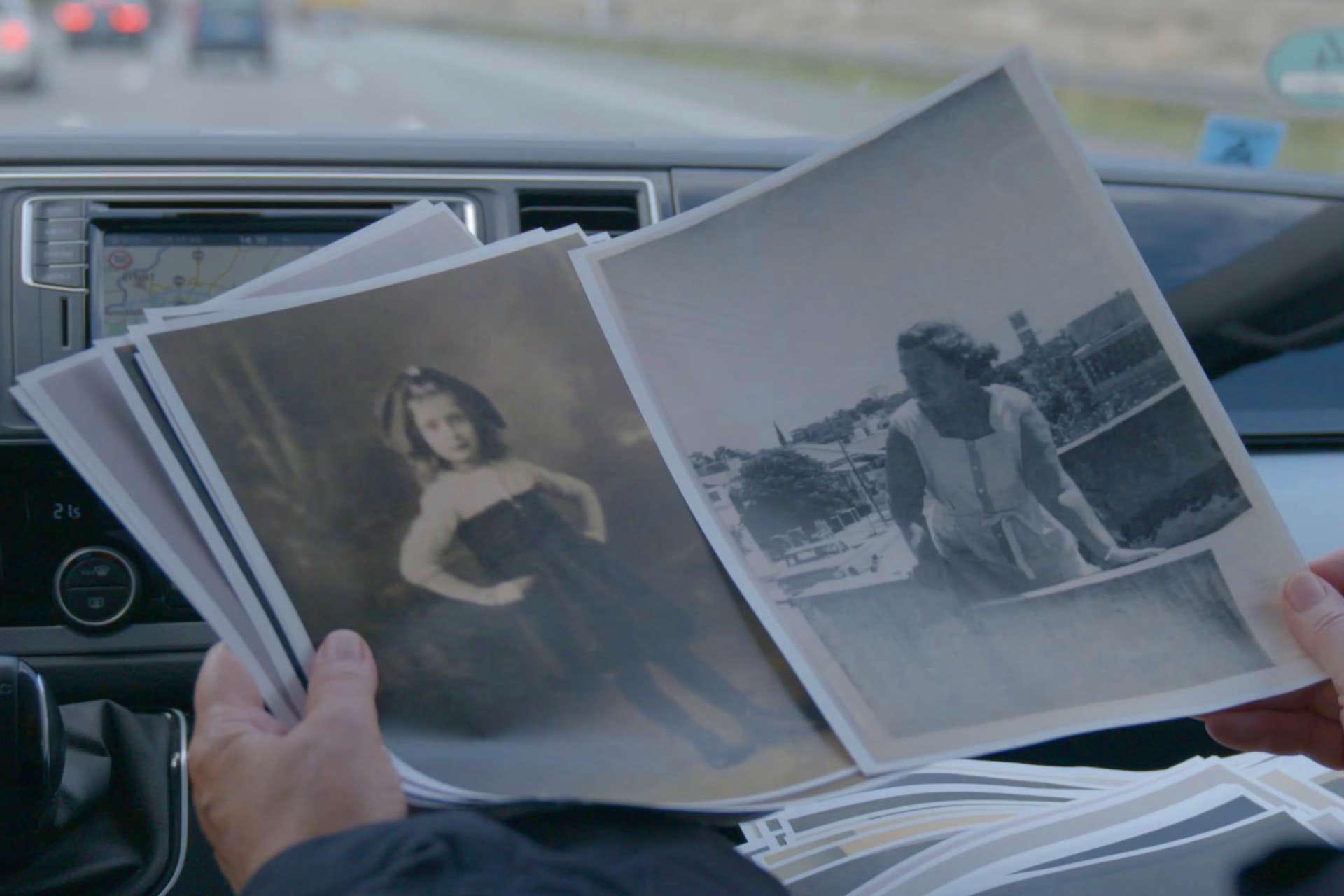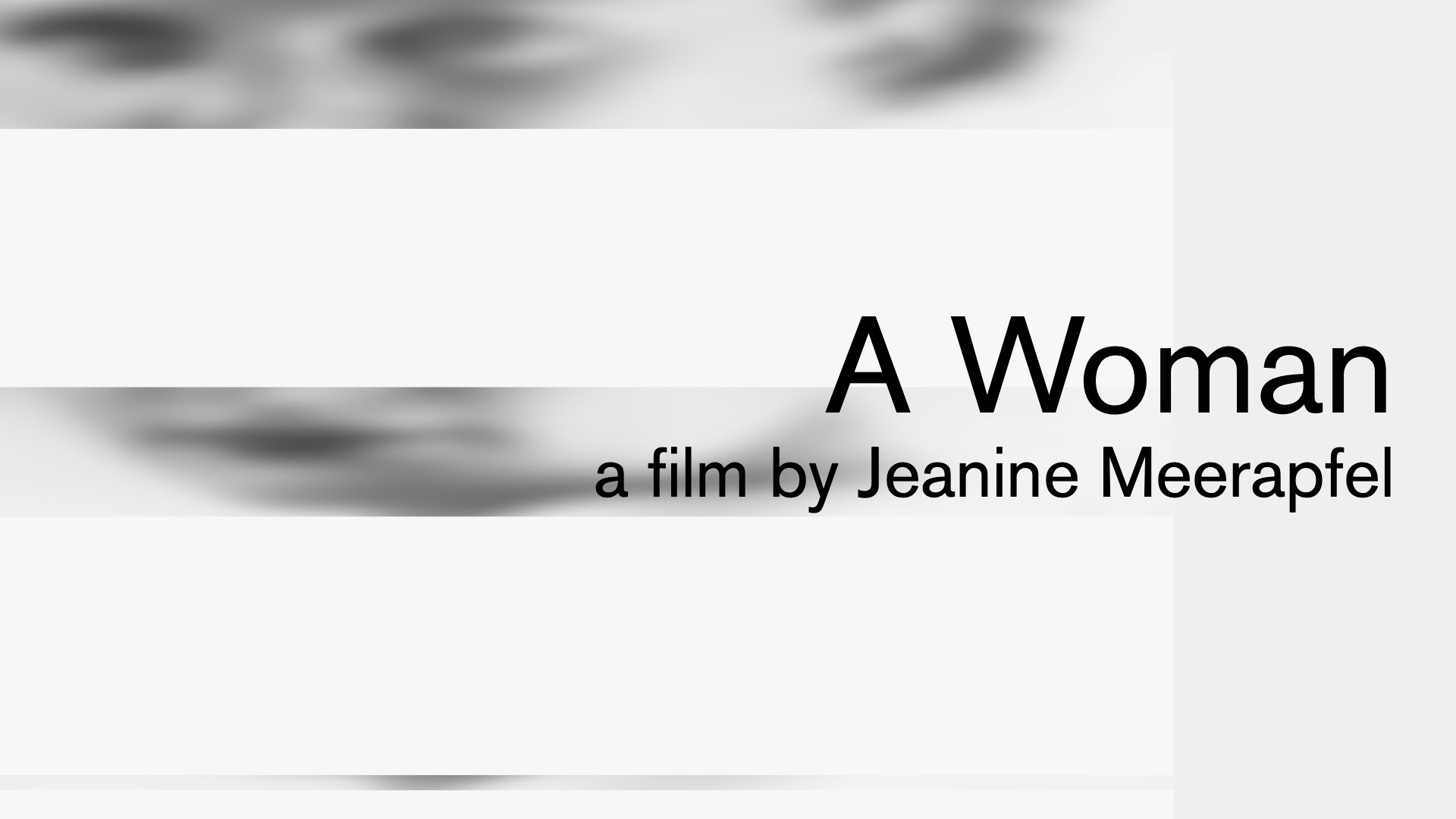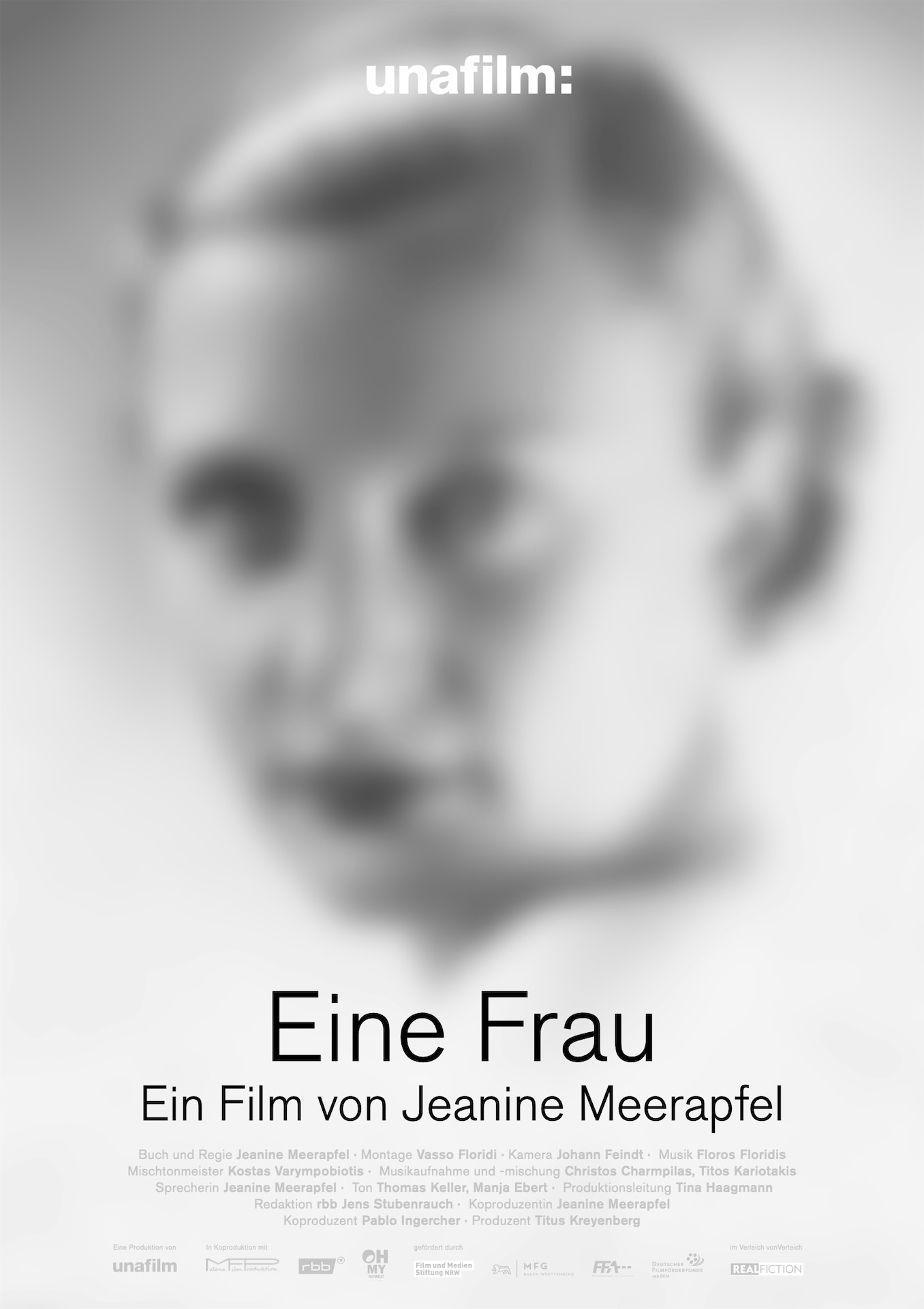
Documentary film essay
Germany | Argentina | 2021
Digital HD 4K | 104 min
Languages · German | Spanish | English | French
Filming locations · Germany | France | Nederland | Argentina
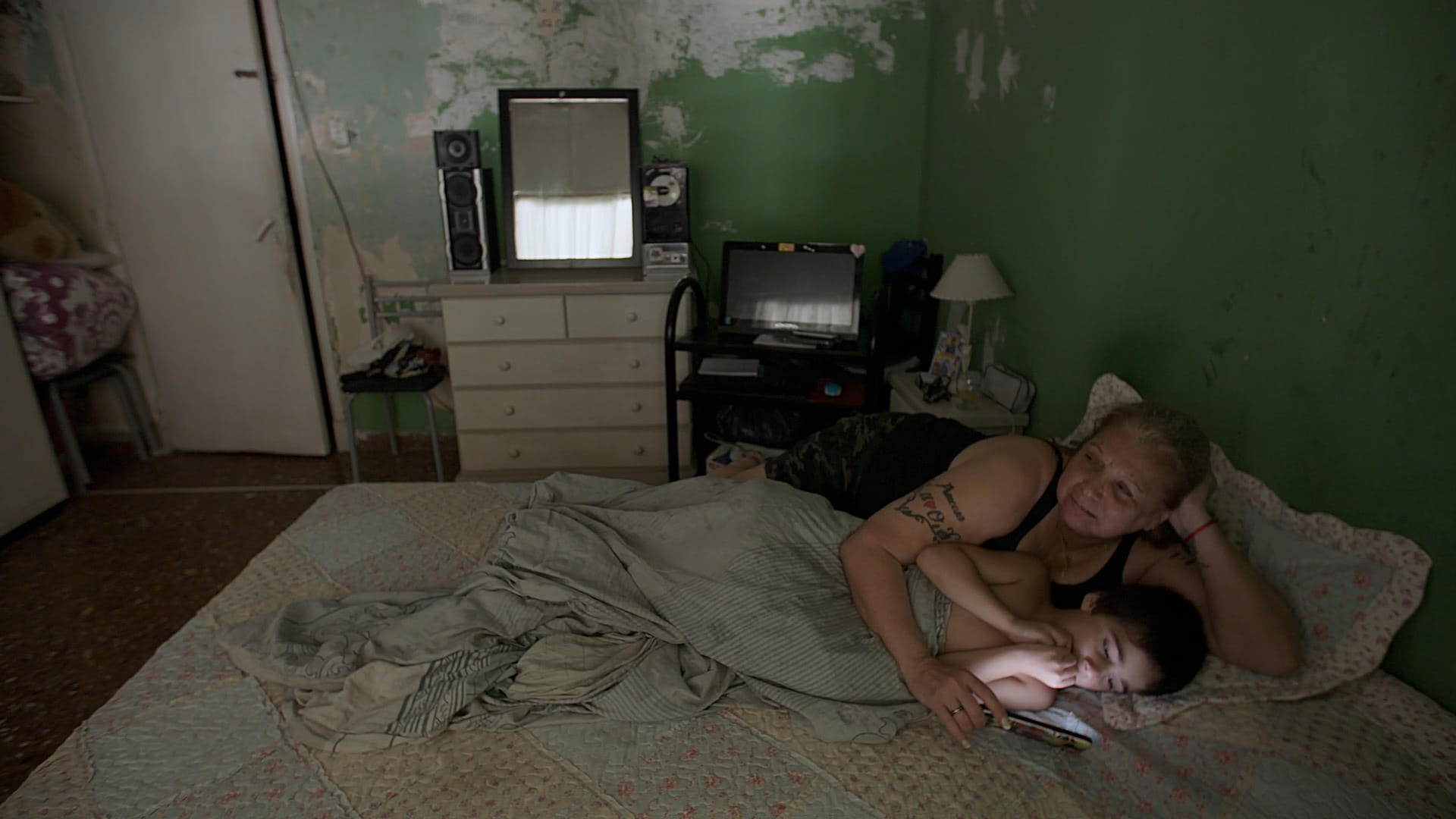
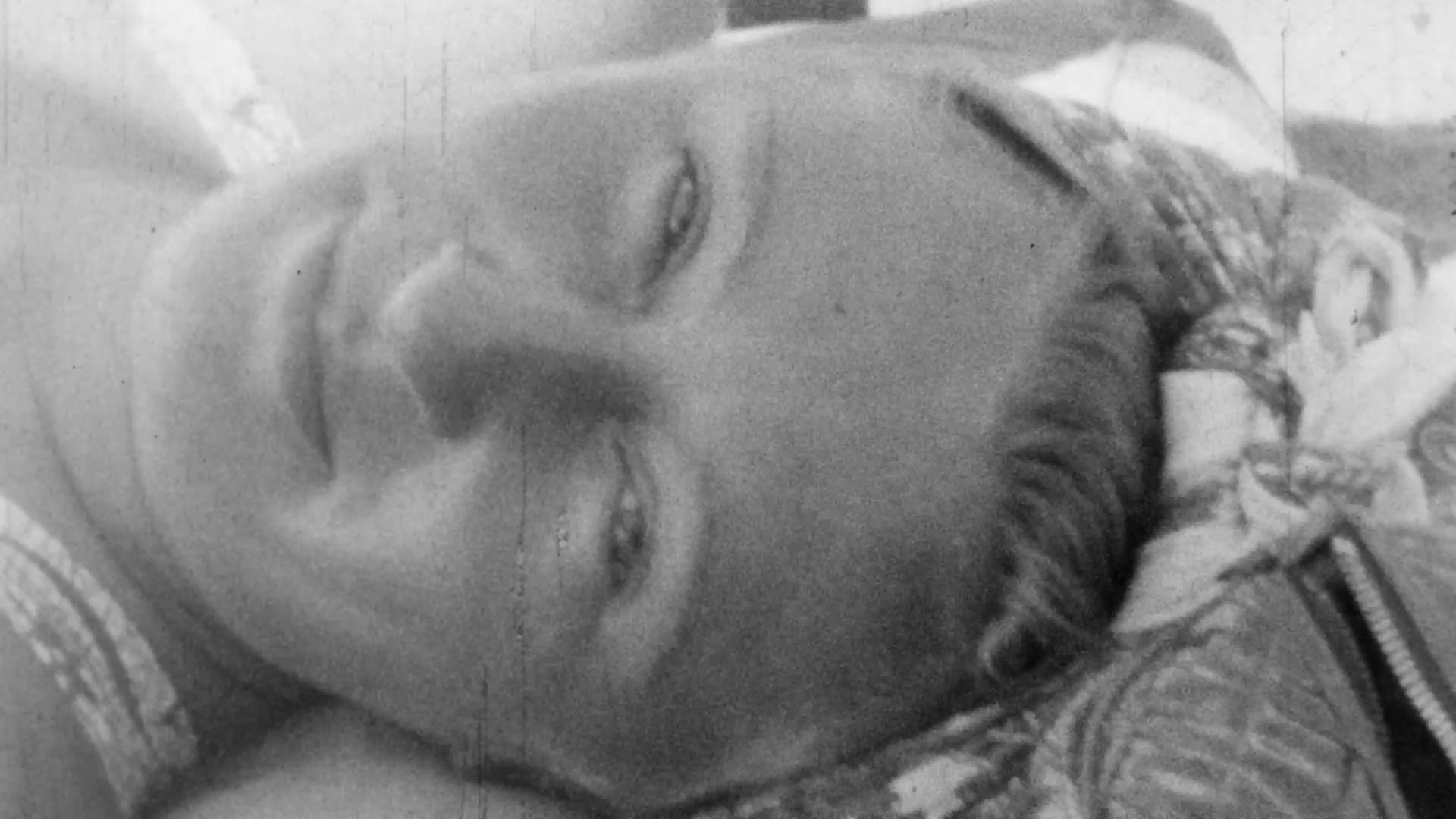
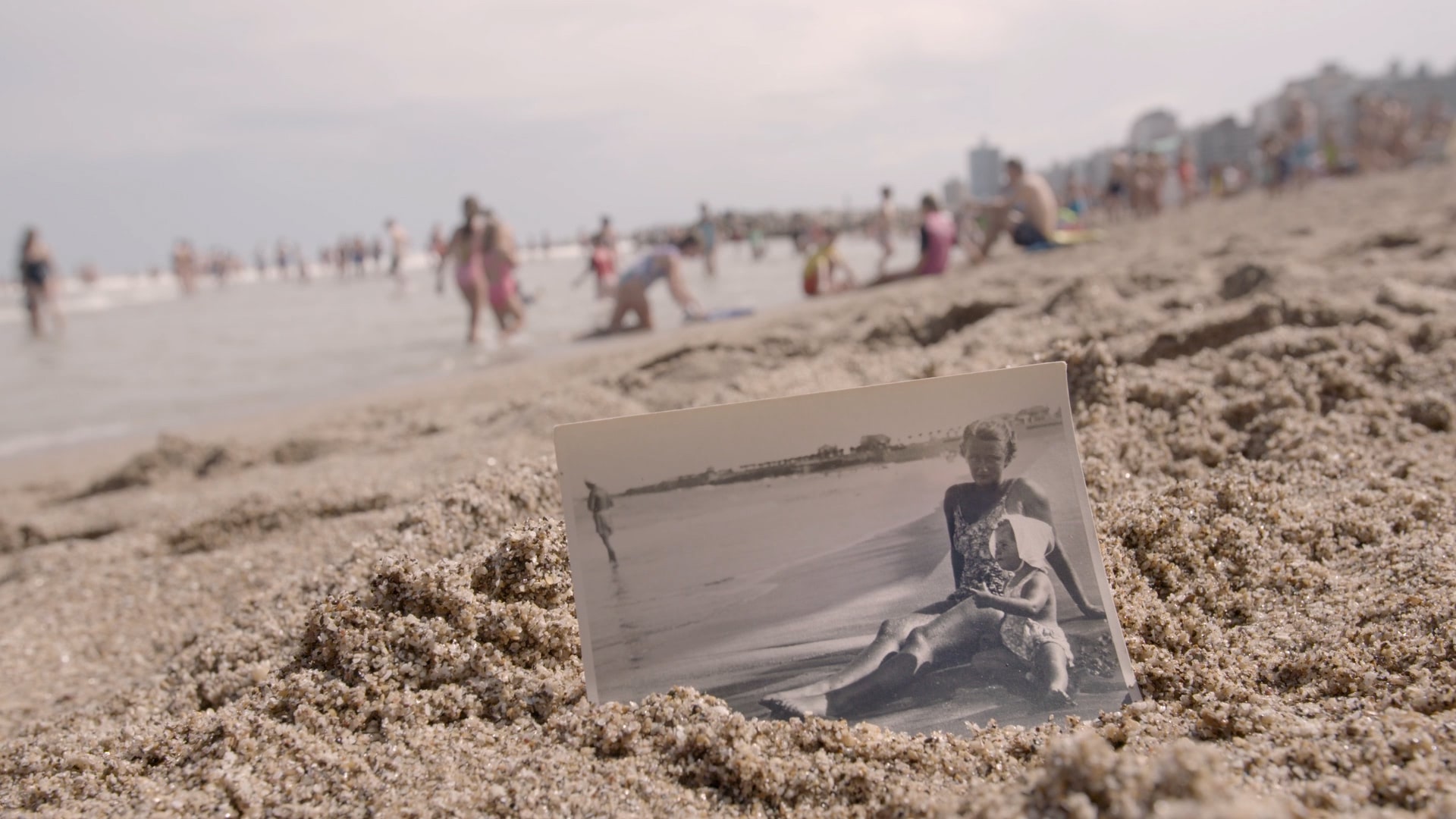
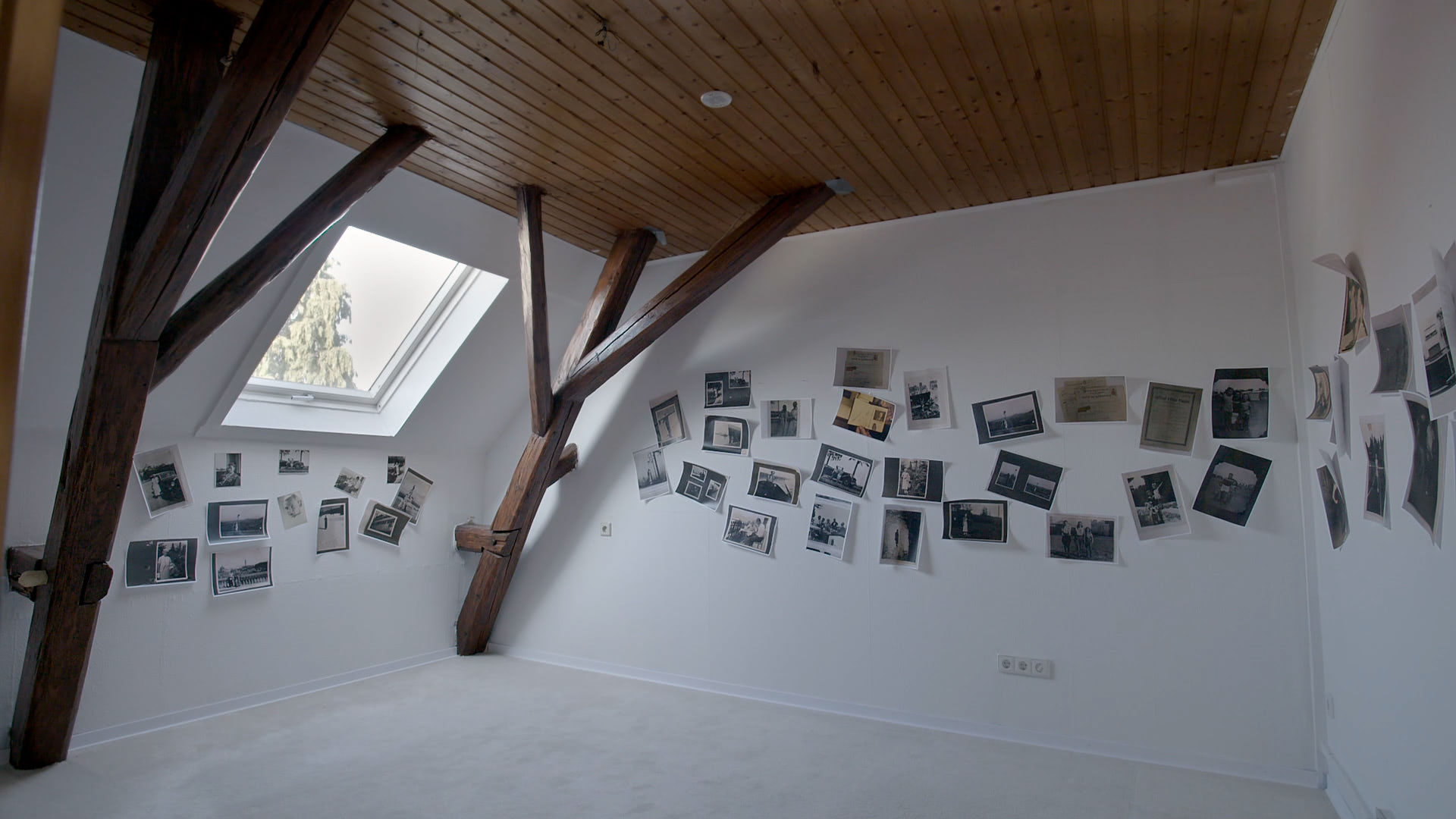
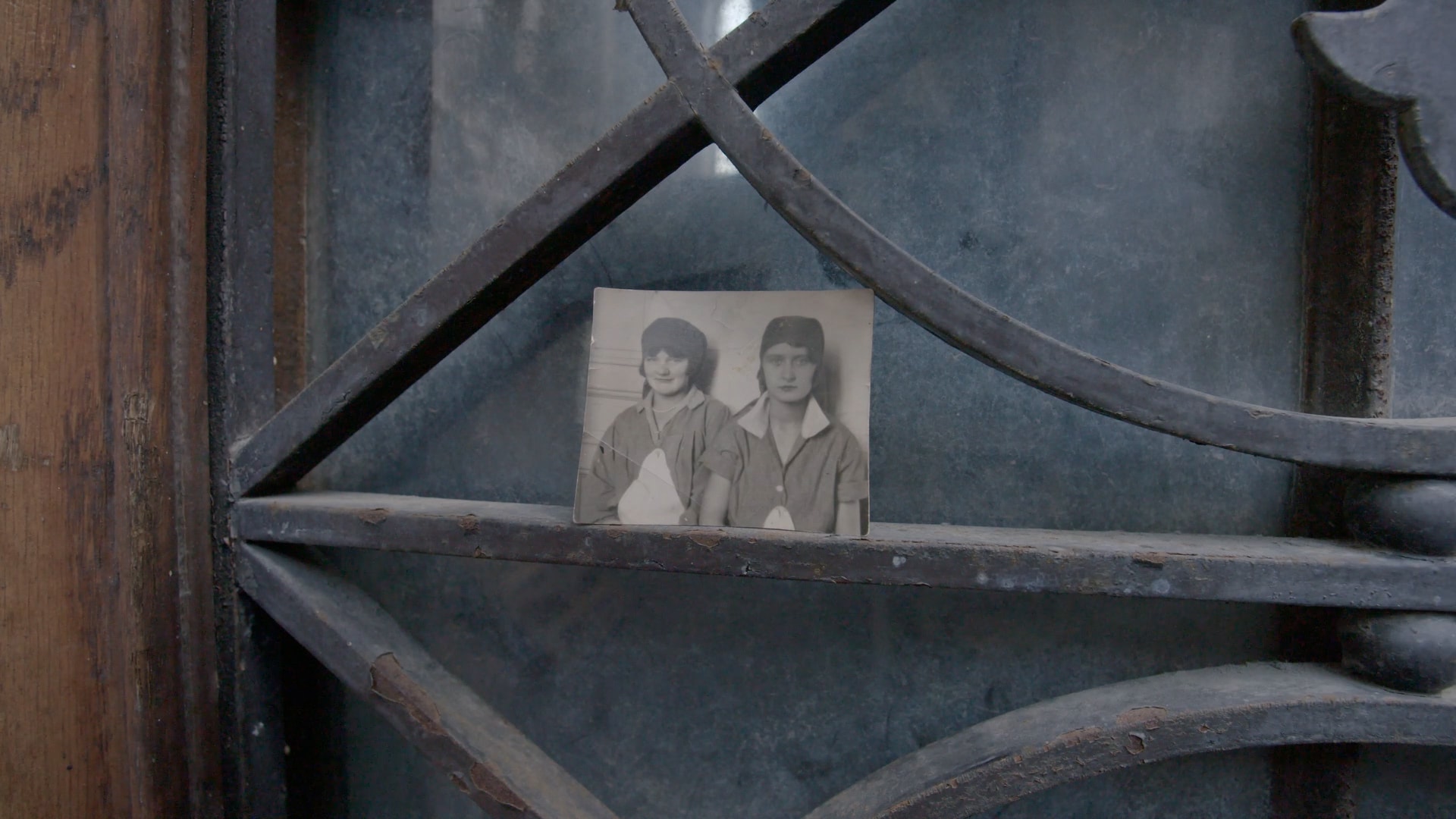
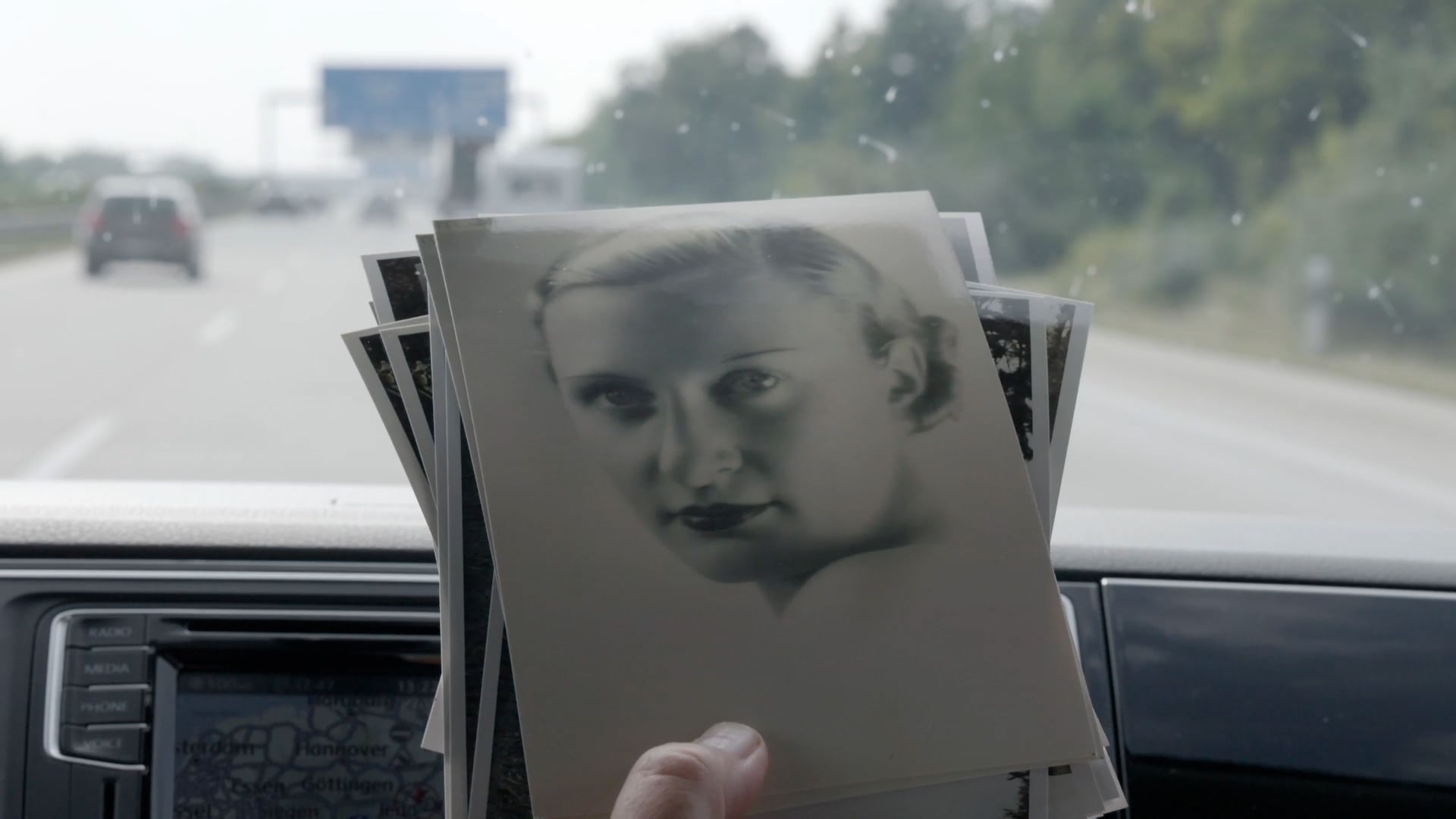
Trailer
Summary
The film follows the traces of a woman and her life from France to Germany to exile in Argentina, the filmmaker reconstructs like an archeologist the various stages of the exile and the uncertainty. The result is a maelstrom of associative images that also leave room for the untold. In addition, Floros Floridis’ complex compositions and the suggestive images of cameraman Johann Feindt emphasize the fragility of the tale. Memories and passages from letters merge into the touching narrative of several broken biographies. At the same time, the director reflects on the fragmentary nature of memory. “What is remembered, what is forgotten? And why?”
Cast & Crew
Script | Director · Jeanine Meerapfel
Photography · Johann Feindt
Sound · Thomas Keller | Manja Ebert
Editing · Vasso Floridi
Music · Floros Floridis
Production · unafilm | Malena Filmproduktion | rbb | oh my gómez films
Awards | Film Festivals
2021
Festival international de cine · Mar del Plata | Argentinien
2022
Festival Documental de Thessaloniki · Thessaloniki | Greece
DOKfilm Munich · Munich | Germany
Eröffnungsfilm Jüdisches Filmfestival · Potsdam | Germany
Internationales Filmfestival Innsbruck IFFI | Austria
Internationales Filmfestival „Kino Otok – Isola Cinema“ | Slovenia
10. Mumbai Indian Cine Film Festival, September 2022 – Competition | India
Jewish Filmdays Frankfurt, September 2022 | Germany
Jewish Week, Dresden, October 2022 Germany
Filmfestival Cologne, Oktober 2022 | Germany
Transit Filmfestival Regensburg, November 2022 | Germany
Awards for A Woman
German Film Critics Award 2022 – Best Music | Winner: Floros Floridis (A Woman)
Jury Statement: „We think of films by Jacques Rivette when we think of this score, of the presence of instruments that, sometimes in the frame and sometimes off, play their own role, like a choir commenting on a puzzled game. One voice or several, often we are not sure. Which is appropriate for a film in which the director pursues the fading traces of her mother, and in which the past flutters like the present, because both are made up of too many voices to come together in one clear image, one clear sound. The gentle, improvised, searching free jazz does not simply duplicate or illustrate this searching movement of the camera and the montage. Nor does it create a counterpoint to them. Rather, it is an independent variation on this cinematic odyssey, a complication and vivification of this search outside the film, a modulated air current that blows alongside the film and carrying it far along with it.
The prize for the best film music goes to Floros Floridis, for the film “A Woman”.
Laudatory speech: Philipp Stadelmaier
Award for the Intercultural Dialogue 2022 | Jewish Film Festival Berlin 2022
Award for Best Editing – Vasso Floridi | 10th Indian Cine Film Festival 2022 – Mumbai | India
Distribution
Distribution in Germany · realfictionfilme.de
Presskit
Press reviews
For her documentary ” A Woman “, German-Argentinean film director Jeanine Meerapfel researches her own family history of flight and emigration.
By Philipp Stadelmaier
There is a situation that recurs in Jeanine Meerapfel’s magnificent essay film “One Woman.” The Argentine-German filmmaker wants to shoot in an apartment where her mother used to live, but first has to ask the current residents for permission. They agree immediately, of course, and dutifully allow themselves to be filmed, standing or on the sofa, with children and pets.
And yet there is a hesitation in the pictures, a cautious approach, a doubt. As if Meerapfel could only film something other than what she is actually concerned with: the traces of her mother’s life. And as if she wasn’t even sure if she was allowed to do that: to make a film about this woman who has always remained strangely alien to her.
Marie-Luise Chatelaine, known as “Malou,” who was born at the beginning of the 20th century in Burgundy, France, had what can be called an eventful life. The girl grew up in an orphanage and later with a loveless aunt until, as a young woman, she left the provinces, went to Strasbourg and met a wealthy Jewish tobacco manufacturer from Karlsruhe. In order to marry him, Marie-Luise converts to Judaism and becomes Mrs. Meerapfel.
Later, the family flees from the Nazis, settling first in Amsterdam and then in Buenos Aires, where Jeanine is born in 1943. For some time, the woman, who radiates an ethereal beauty in old photographs, leads a happy and fashionable life at the side of a rich man. But then he abandons her, and Marie-Luise slips into poverty. The end of her life is determined by too much vermouth, too many cigarettes and too much mold on the walls.
In her first feature film from 1980, “Malou,” Meerapfel had already dealt with her mother’s life, but then in the form of fiction. Now the aim is to look as directly as possible at the personal memories and material remains from her mother’s life. The photographs, documents and letters, transcripts of conversations and eight-millimeter films are commented on by Meerapfel’s voice from offstage.
The rhythm of her speech lends the narrative a lyrical note. The pauses she intersperses between the words are reminiscent of line breaks in a poem. When it comes to her mother’s silverware and the spoons that have disappeared from it, Meerapfel emphasizes that henceforth they exist only in her memory: “as a gap / something / that is missing.”
The film is underpinned by a gentle, improvisational score by jazz musician and clarinetist Floros Floridis, a wonderfully open and searching movement that is taken over and continued by the images. The archival materials are only part of the cinematic attempt at order, which takes place mainly in the present. Meerapfel travels through the stations of the mother’s life: Chalon-sur-Sâone, Strasbourg, Untergrombach near Karlsruhe, Amsterdam, Buenos Aires.
What can still be filmed reveals nothing more about the mother
She films the cows in Burgundy and wonders if these were the first images the mother once saw as a child. She films the buildings and the people on the streets and has to admit to herself that they reveal nothing about her mother. She films the swallows in the blue sky and has to realize that the swallows are too fast for the camera and that this image also says nothing.
Later, the seagulls, which the father once recorded with his eight-millimeter camera in Amsterdam, respond. Here, too, the nimble movement of the birds eludes the field of view. Present and past combine to create a lively verve, a fluttering that cannot be captured.
These short-circuits occur again and again. The French Sâone seems to anticipate the Argentine Río de la Plata. And doesn’t the fate of the wife cast out of the family also recall that of a disgraced concubine of Henri IV? This playful association, this sense of the beauty of what only appears in one’s own perception, is something Meerapfel shares with the Nouvelle Vague icon Agnès Varda. Like Varda, Meerapfel places photographs from the family archive quite physically in the landscape, on stairs, fences, and house walls-even on the beach.
“If you open people up, you find landscapes,” Varda once said. Open Marie Louise Chatelaine, and you find the messy history of the 20th century. You come across the Shoah, flight and emigration, an exile that does not mean the same thing for everyone, Evita Peron, the “saint of the poor,” and the Argentine military dictatorship. Above all, one encounters the realization that one cannot film the past – only the present. Where once stood the hospital where the mother died, today there is a parking lot. So you film the parking lot.
A Woman, Germany 2021 – Directed and written by Jeanine Meerapfel. Camera: Johann Feindt. Editing: Vasso Floridi. Music: Floros Floridis. Realfiction, 104 min. theatrical release: 01. 12. 2022.
Süddeutsche Zeitung– December 1st. 2022
